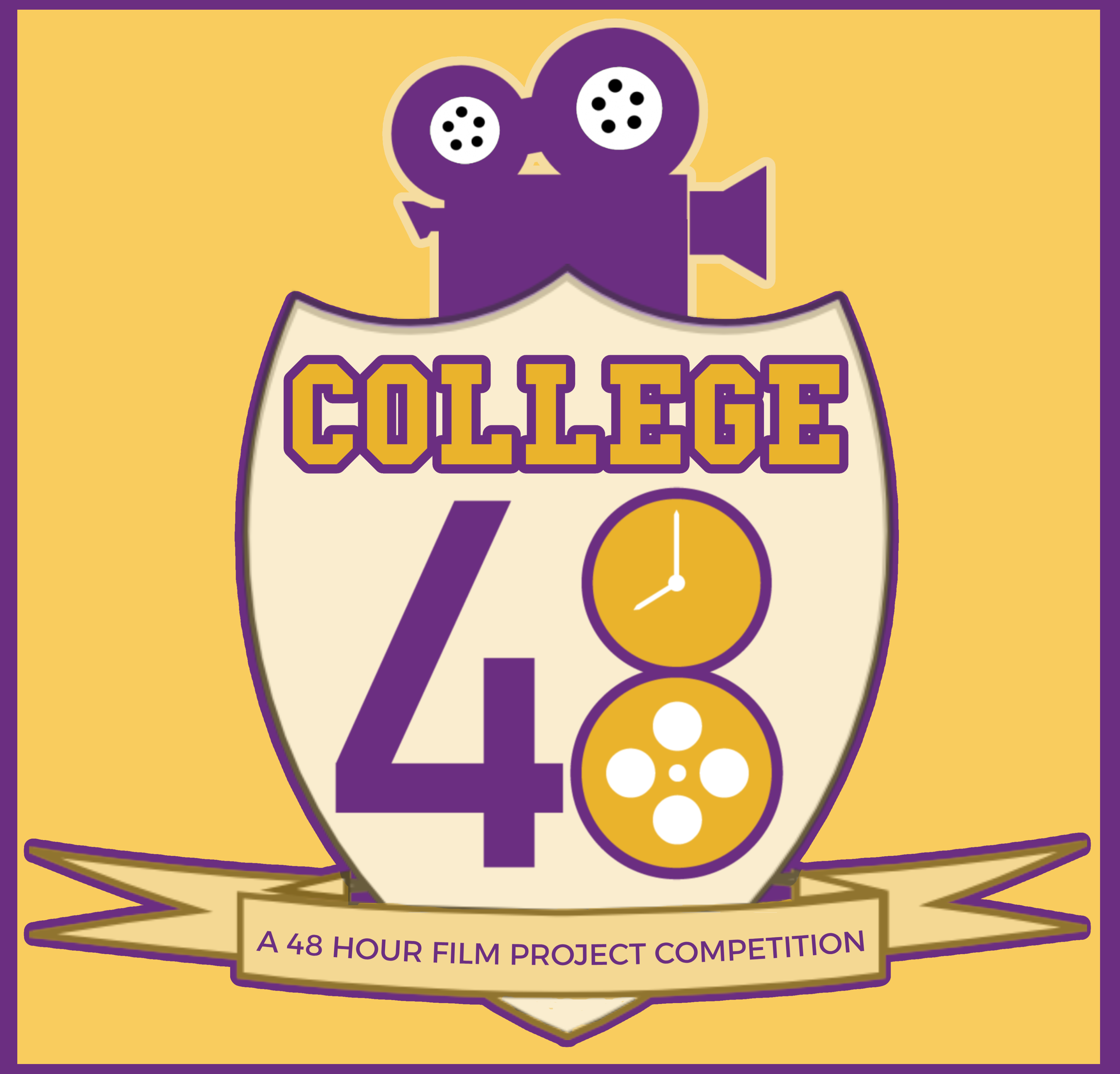Philippines 14
Listen to Philippines 14, a 56-year-old woman from Bulan, Sorsogon, and Manila, Philippines. Click or tap the triangle-shaped play button to hear the subject.
Both as a courtesy and to comply with copyright law, please remember to credit IDEA for direct or indirect use of samples. IDEA is a free resource; please consider supporting us.
BIOGRAPHICAL INFORMATION
AGE: 56
DATE OF BIRTH (DD/MM/YYYY): 25/06/1961
PLACE OF BIRTH: Manila, Philippines
GENDER: female
ETHNICITY: Filipino and Chinese
OCCUPATION: clinical-research associate
EDUCATION: post-graduate college
AREAS OF RESIDENCE OUTSIDE REPRESENTATIVE REGION FOR LONGER THAN SIX MONTHS:
The subject was raised in Bulan, Sorsogon, Philippines, from ages 1 to 12, and then returned to live in Manila (the place of her birth) for the next 18 years. At the age of 30, she moved to Southern California, in the United States, where she was still living at the time of this interview.
OTHER INFLUENCES ON SPEECH:
Her first language is Bicol. She attended Chinese school.
The text used in our recordings of scripted speech can be found by clicking here.
RECORDED BY: Monique Magpayo (under supervision of David Nevell)
DATE OF RECORDING (DD/MM/YYYY): 04/04/2016
PHONETIC TRANSCRIPTION OF SCRIPTED SPEECH: N/A
TRANSCRIBED BY: N/A
DATE OF TRANSCRIPTION (DD/MM/YYYY): N/A
ORTHOGRAPHIC TRANSCRIPTION OF UNSCRIPTED SPEECH:
I was born in Manila, Philippines. I’m the second from the seven siblings. I was sent to live with my aunt at age of one year in Bulan, Sorsogon [in Bicol region] because my sister — the eldest sister — fell from the bunk bed and my mom was also pregnant [with] um, my brother, which is my brother next to me and or followed me. Um, I was, um — then I was adopted by my aunt. So I grew up in Bicol, um, from 1 year old to 12 years old. I studied elemen- kindergarten and elementary, and, uh, so the first language I learned was the dialect of Bicol, and my native tongue has a Bicol accent by living in Bulan, Sorsogon.
During my high school, my real parents requested for me to go back to Manila to study high school and Chinese and — because in Bulan we don’t have high school, uh, high school for Chinese school. So I studied also my college in Manila. So from high school, I was 13 years old to ’til 26 years old. So I graduated. I have two degree: one, um, a bachelor science, uh, in med tech, and proceed to medicine. So, um, I graduated in medicine at age of 26 years old. I got married at age 29 in the Philippines and moved to the U.S. at age of 30. My family and I live in Southern California for 25 years.
The typical, um, known for Bicol is “pag bikolana ka, mahilig ka sa ma ang hang na ka unon,” which means if you’re Bicol — if you coming from Bicol — you like to eat spicy food. That’s the known for Bicol, and the memories that I have when I grew up in Bicol is, um, we have a very nice scenery, a tourist spot; we have so many beaches, lakes, and hot spring, and we have also two volcanoes. But we have the most perfect cone of, uh, of volcano that is known to the world, and it’s called Mayon Volcano, and it’s located in Legaspi City, and this is part of Bicol region.
TRANSCRIBED BY: Monique Magpayo (under supervision of David Nevell)
DATE OF TRANSCRIPTION (DD/MM/YYYY): 04/04/2016
PHONETIC TRANSCRIPTION OF UNSCRIPTED SPEECH: N/A
TRANSCRIBED BY: N/A
DATE OF TRANSCRIPTION (DD/MM/YYYY): N/A
SCHOLARLY COMMENTARY: N/A
COMMENTARY BY: N/A
DATE OF COMMENTARY (DD/MM/YYYY): N/A
The archive provides:
- Recordings of accent/dialect speakers from the region you select.
- Text of the speakers’ biographical details.
- Scholarly commentary and analysis in some cases.
- In most cases, an orthographic transcription of the speakers’ unscripted speech. In a small number of cases, you will also find a narrow phonetic transcription of the sample (see Phonetic Transcriptions for a complete list). The recordings average four minutes in length and feature both the reading of one of two standard passages, and some unscripted speech. The two passages are Comma Gets a Cure (currently our standard passage) and The Rainbow Passage (used in our earliest recordings).
For instructional materials or coaching in the accents and dialects represented here, please go to Other Dialect Services.
 IDEA: International Dialects of English Archive
IDEA: International Dialects of English Archive





